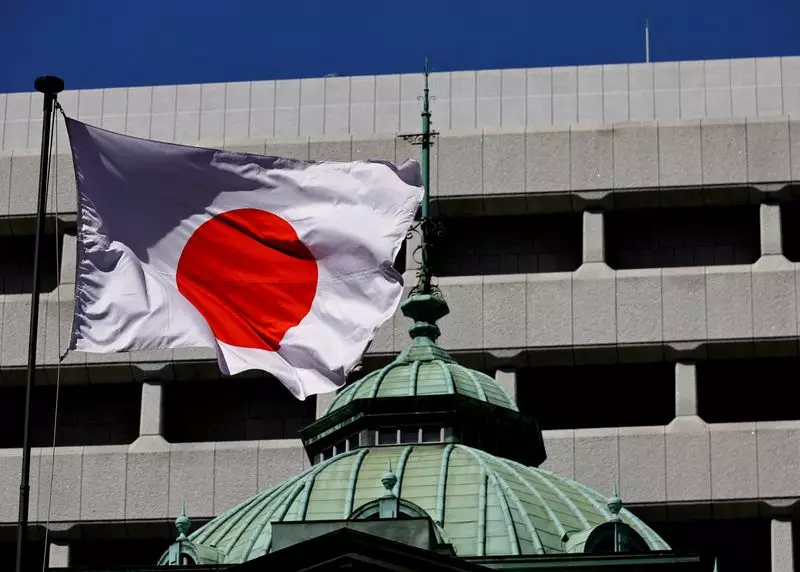The recent dovish shift in the U.S. Federal Reserve’s policy has provided some relief for the Bank of Japan in its efforts to manage the strength of the yen. However, this shift could also present challenges for the BOJ, particularly in its plans to raise interest rates. With the divergence in policy paths between the two central banks, there is a risk of increased market volatility that could complicate the BOJ’s rate hike strategy.
Following remarks by Fed Chair Jerome Powell at the Jackson Hole symposium endorsing a rate cut, the yen strengthened against the dollar. This was further reinforced by BOJ Governor Kazuo Ueda’s commitment to continue tightening monetary policy if inflation stays on track. The market reacted positively to the BOJ’s stance, causing the yen to appreciate.
Despite the positive market reaction, the BOJ’s rate hike trajectory remains uncertain. With the global trend moving towards rate cuts, Japan’s resistance to follow suit may lead to currency and stock price fluctuations. The central bank is also cautious due to the impact of previous rate hikes on market stability.
Political considerations add another layer of complexity to the BOJ’s decision-making process. With Prime Minister Fumio Kishida set to step down, the upcoming leadership change could influence the central bank’s rate hike strategy. The stance of the new premier on borrowing costs in volatile market conditions remains uncertain, adding to the challenges faced by the BOJ.
The fragility of Japan’s economy poses a risk to the BOJ’s policy decisions. Rising living costs and weak domestic demand could undermine the effectiveness of rate hikes in stimulating growth. Additionally, a potential slowdown in the U.S. economy may further impact Japan’s export-dependent sectors, exacerbating economic vulnerabilities.
While some analysts remain optimistic about the BOJ’s ability to raise rates in the near future, others are more cautious. The balance between inflation, growth, and market stability will be crucial in determining the central bank’s next steps. DeepMacro’s analysis highlights the BOJ’s positive stance on inflation, suggesting the possibility of further rate hikes. However, concerns over domestic demand and external economic conditions warrant a more cautious approach.
The changing policies of central banks, particularly the U.S. Federal Reserve and the Bank of Japan, have significant implications for currency exchange rates and market stability. The BOJ faces challenges in navigating a diverging policy landscape, political uncertainties, and economic vulnerabilities. The balance between addressing inflationary pressures, stimulating growth, and ensuring market stability will be key in determining its future rate hike decisions.

